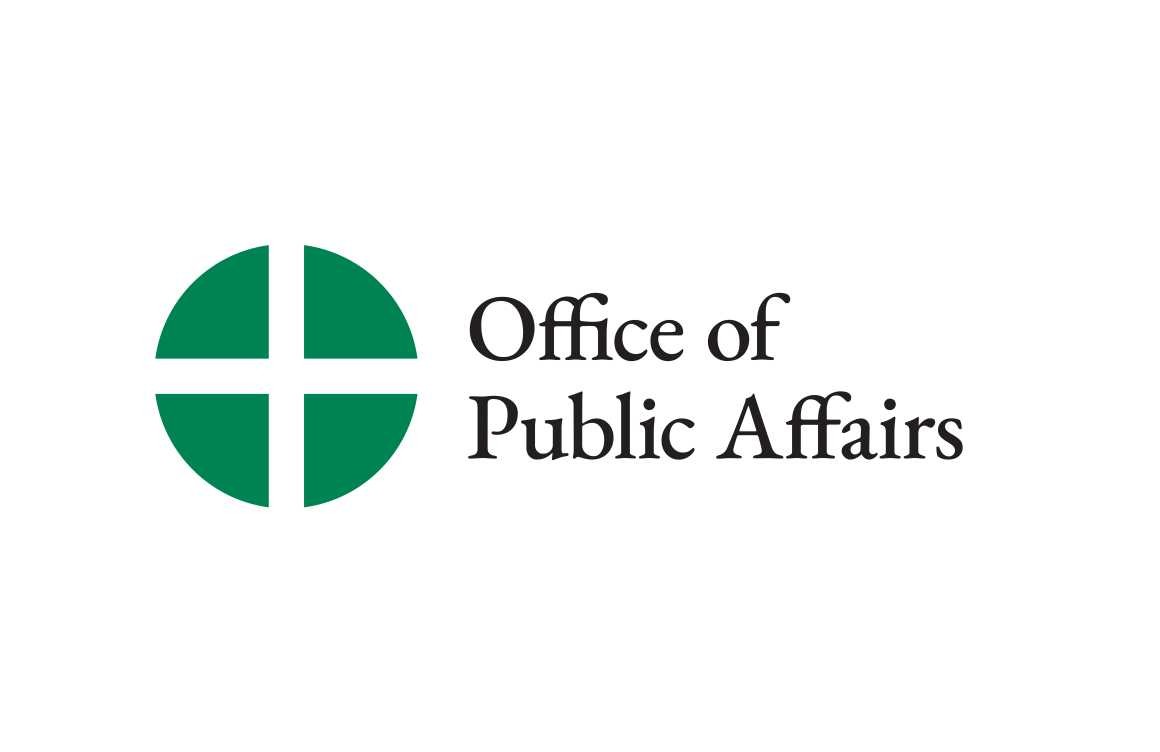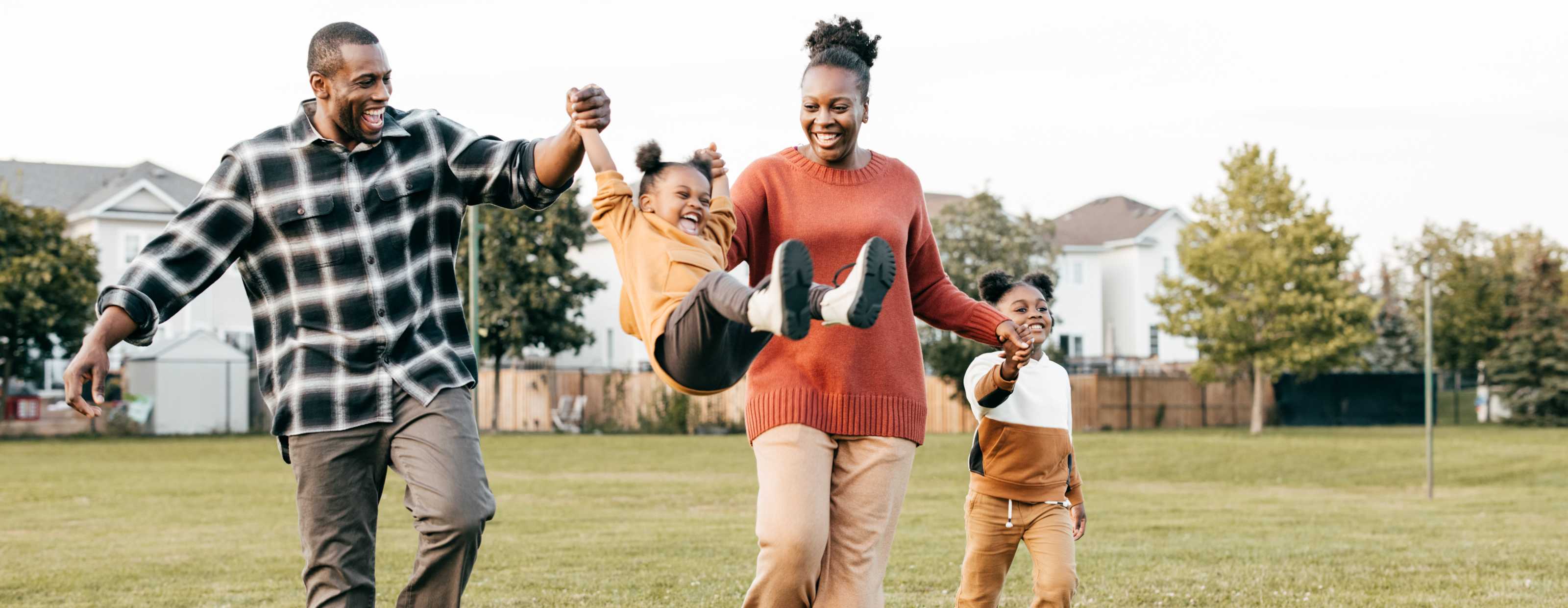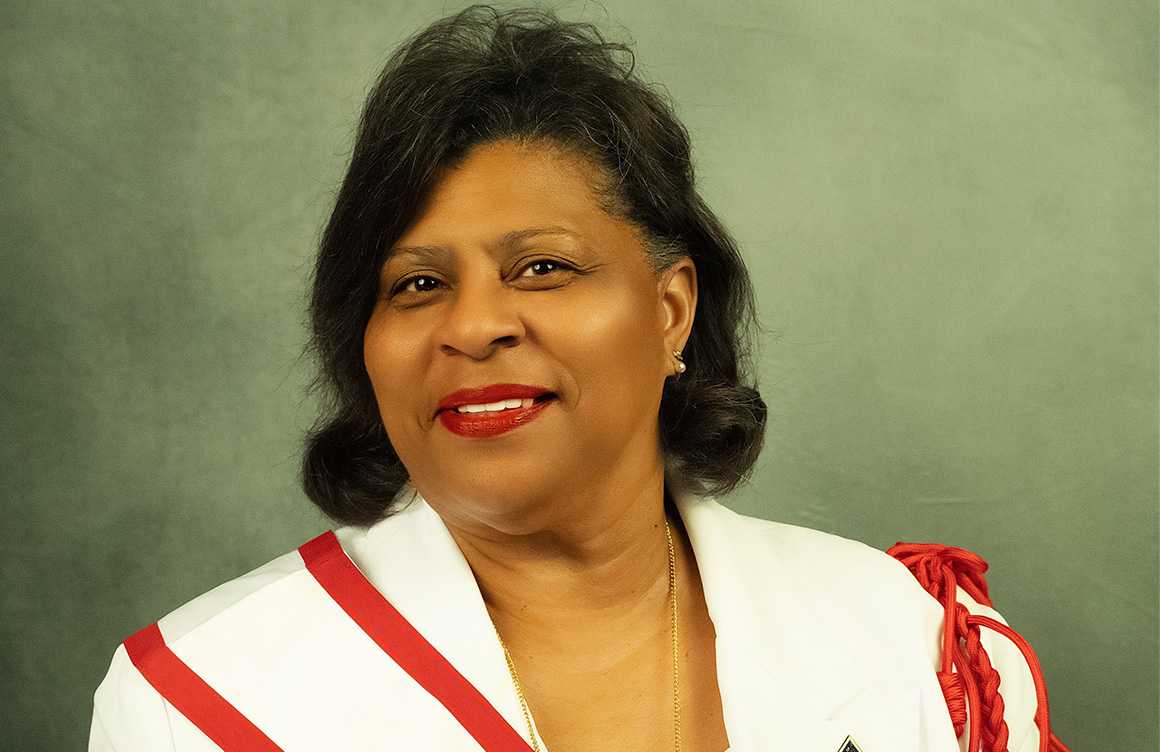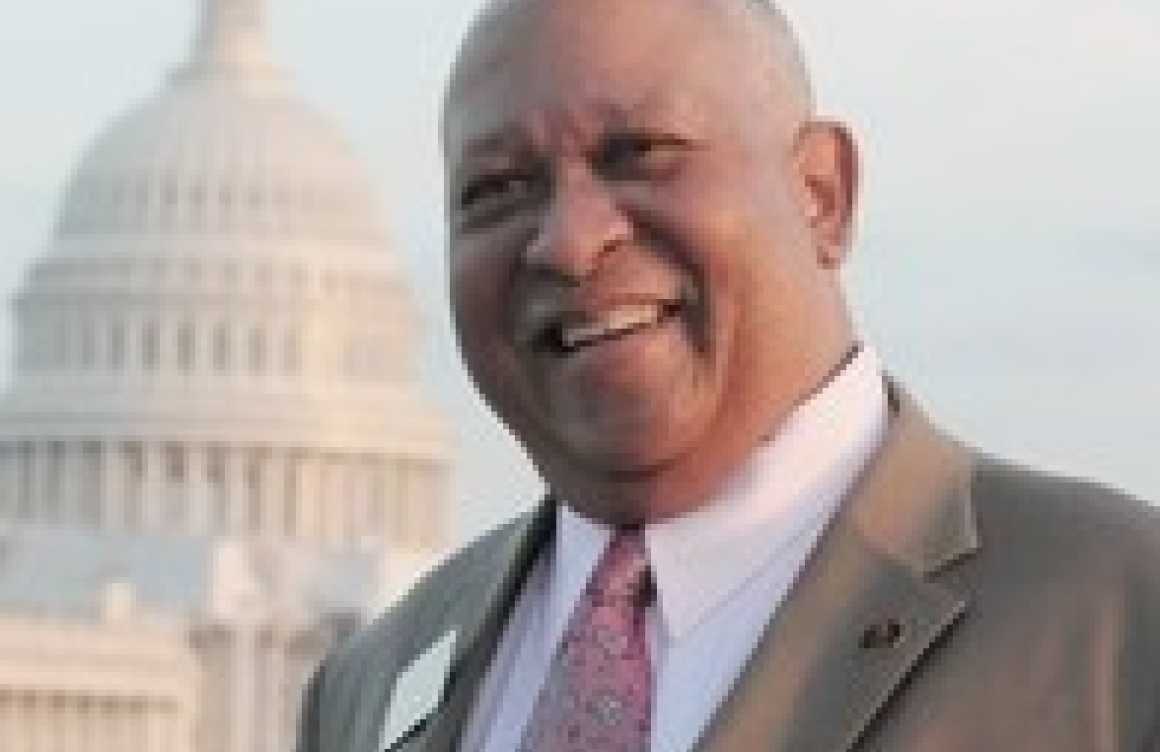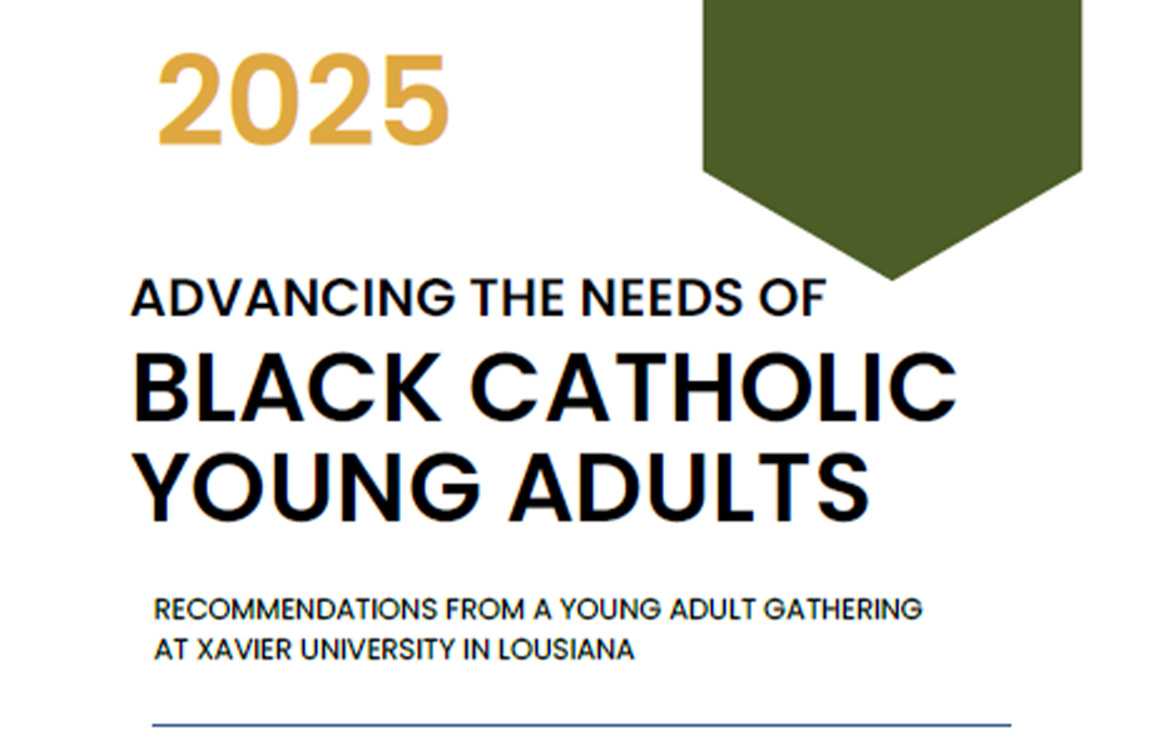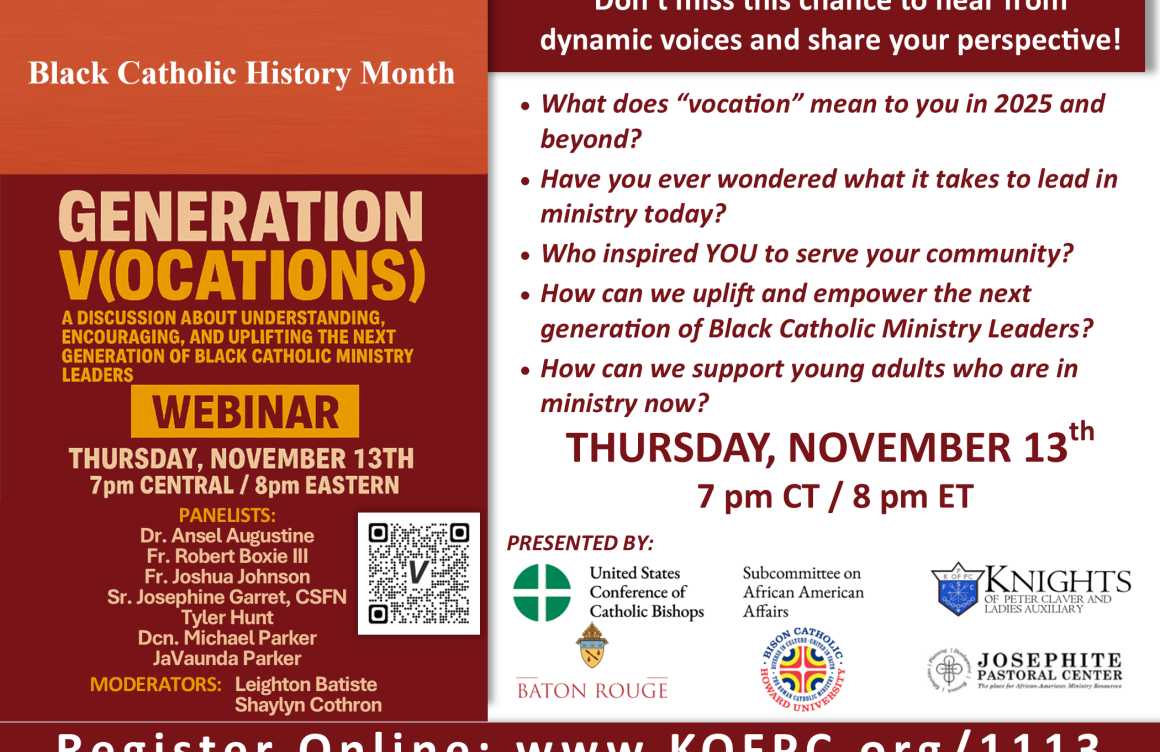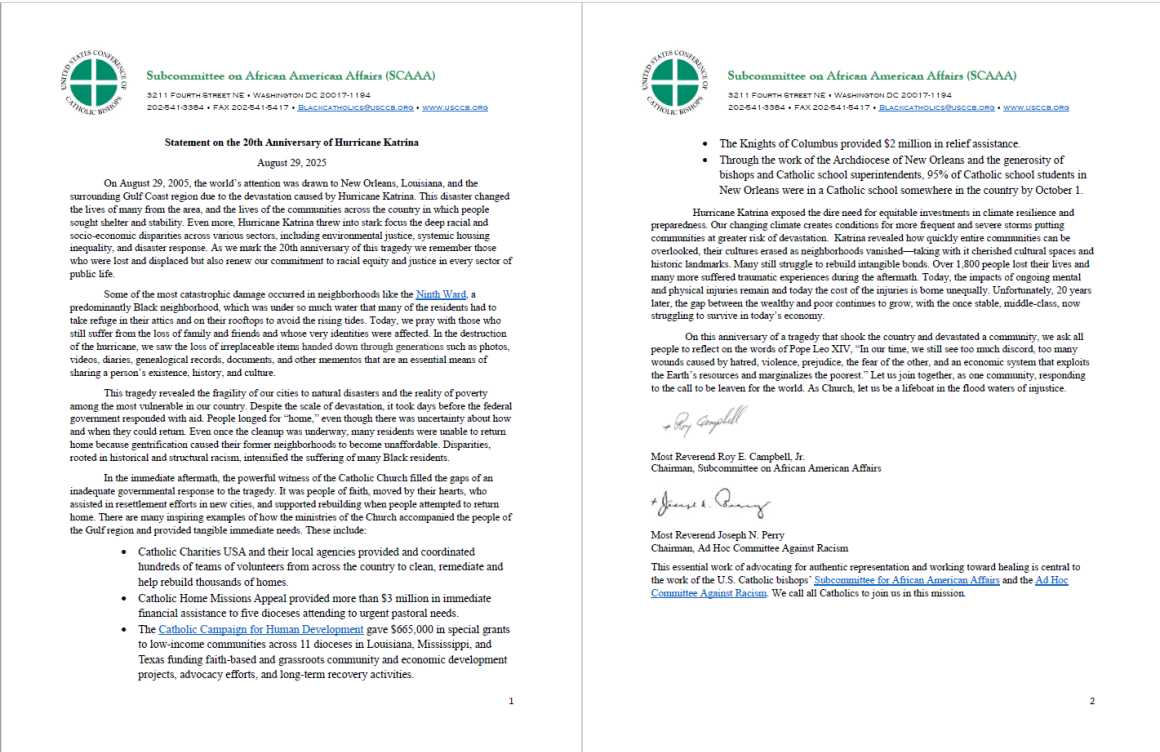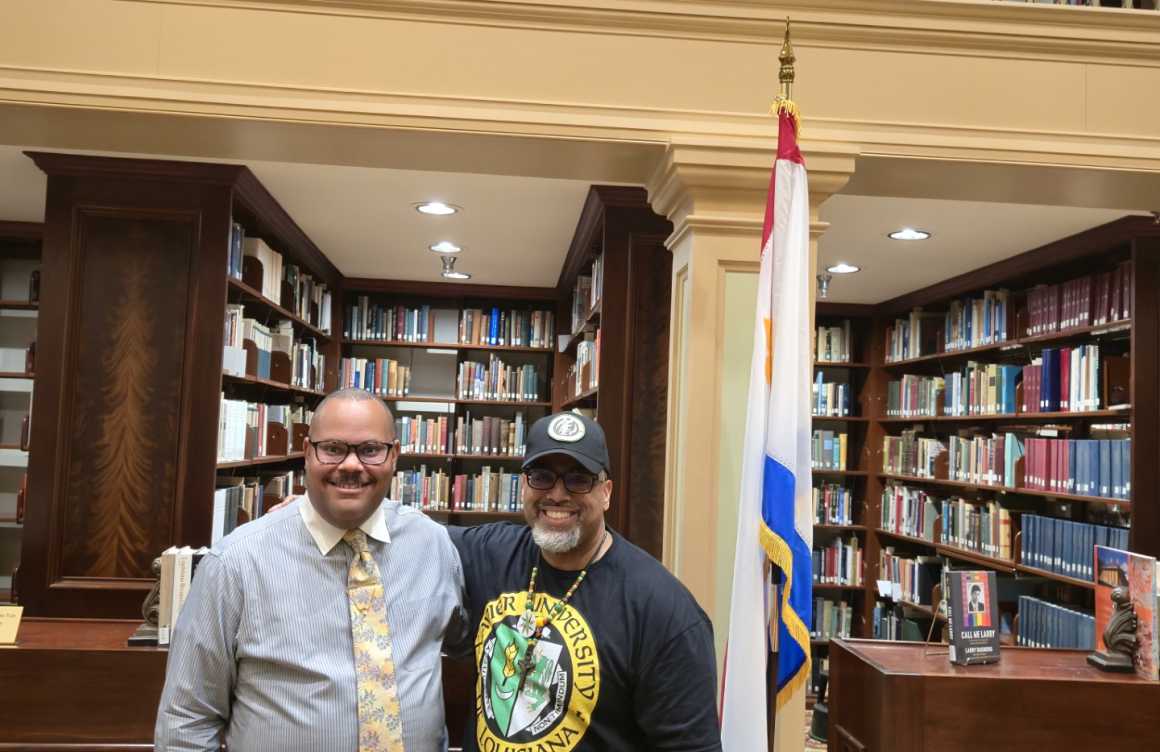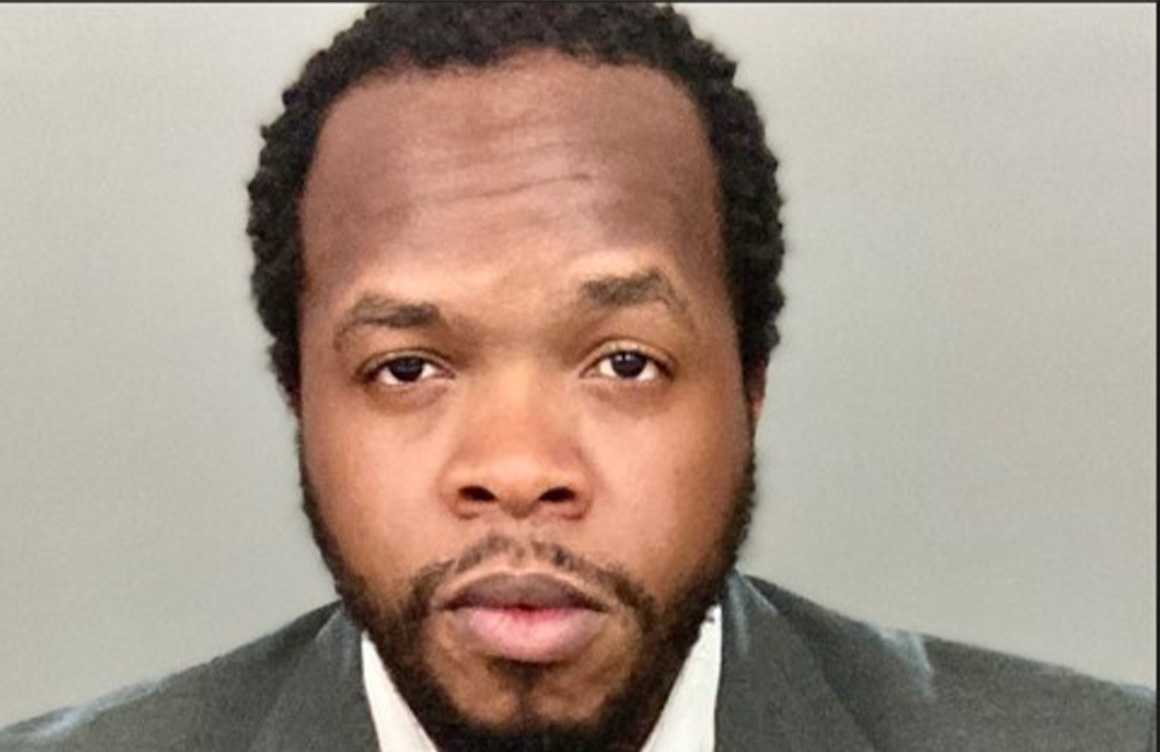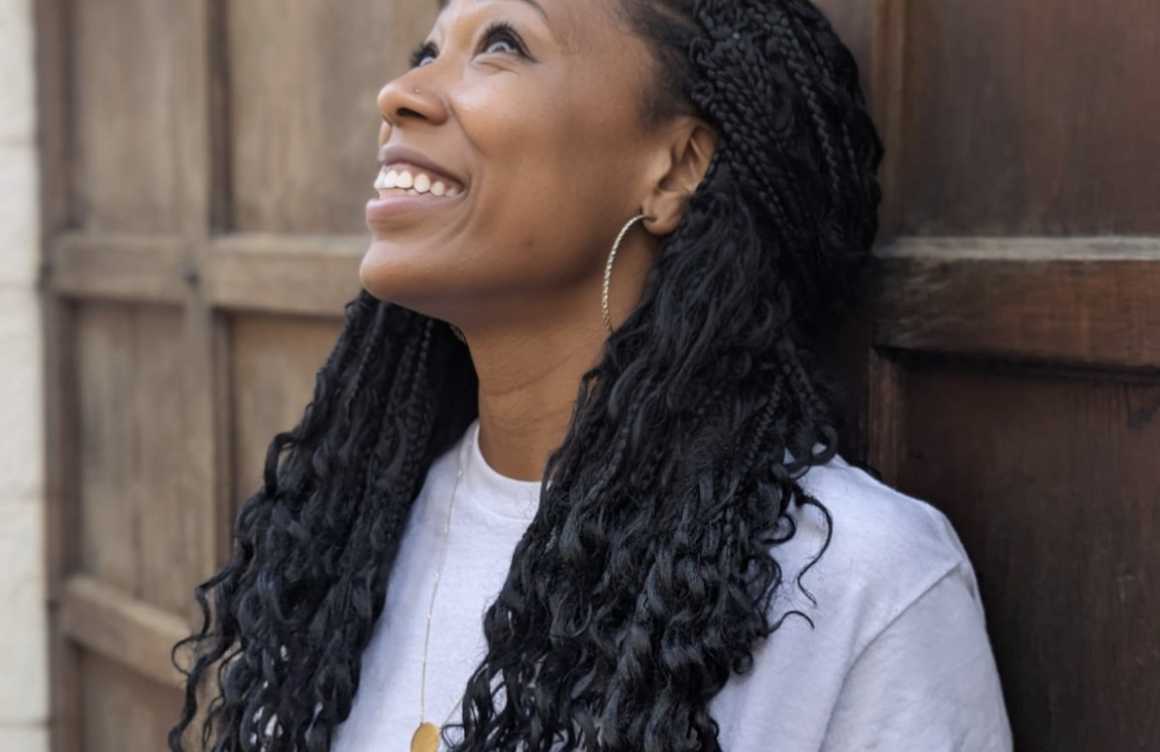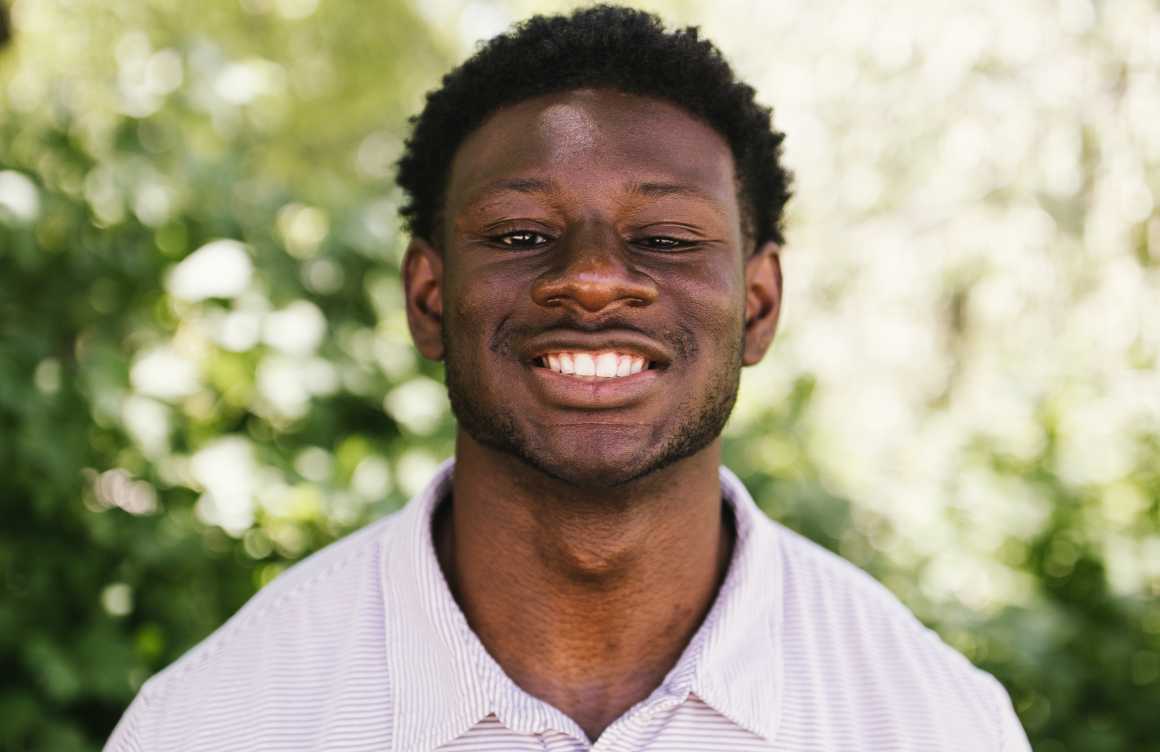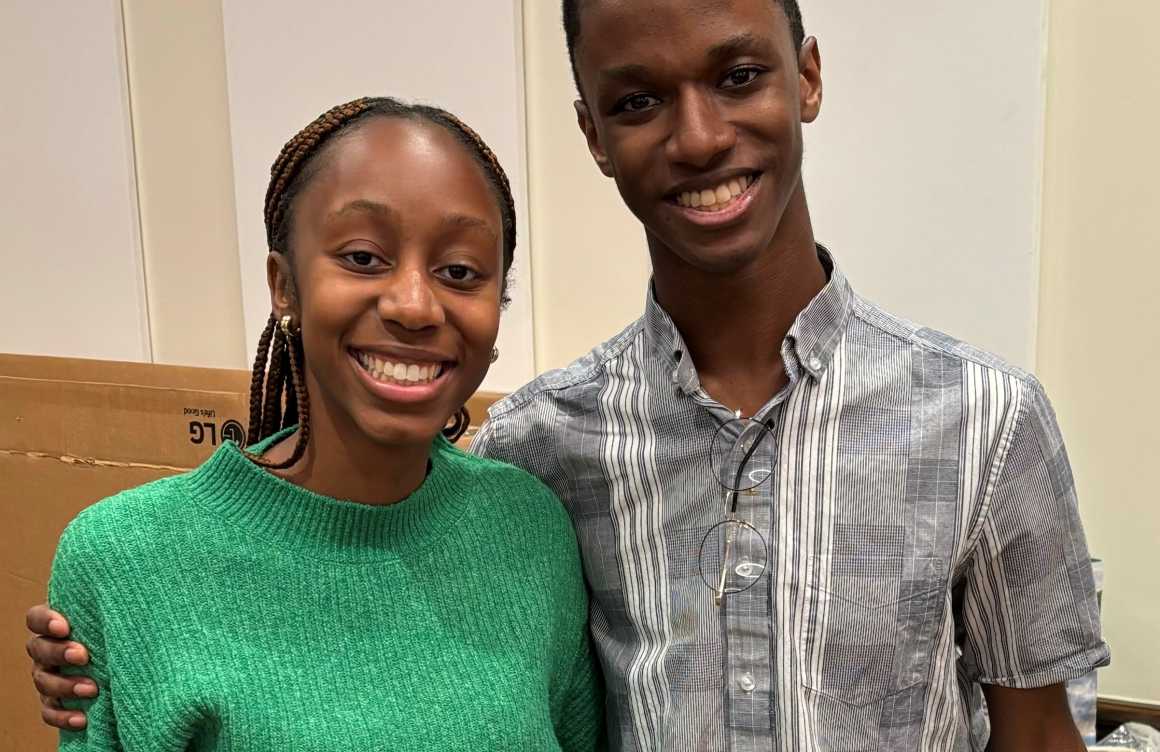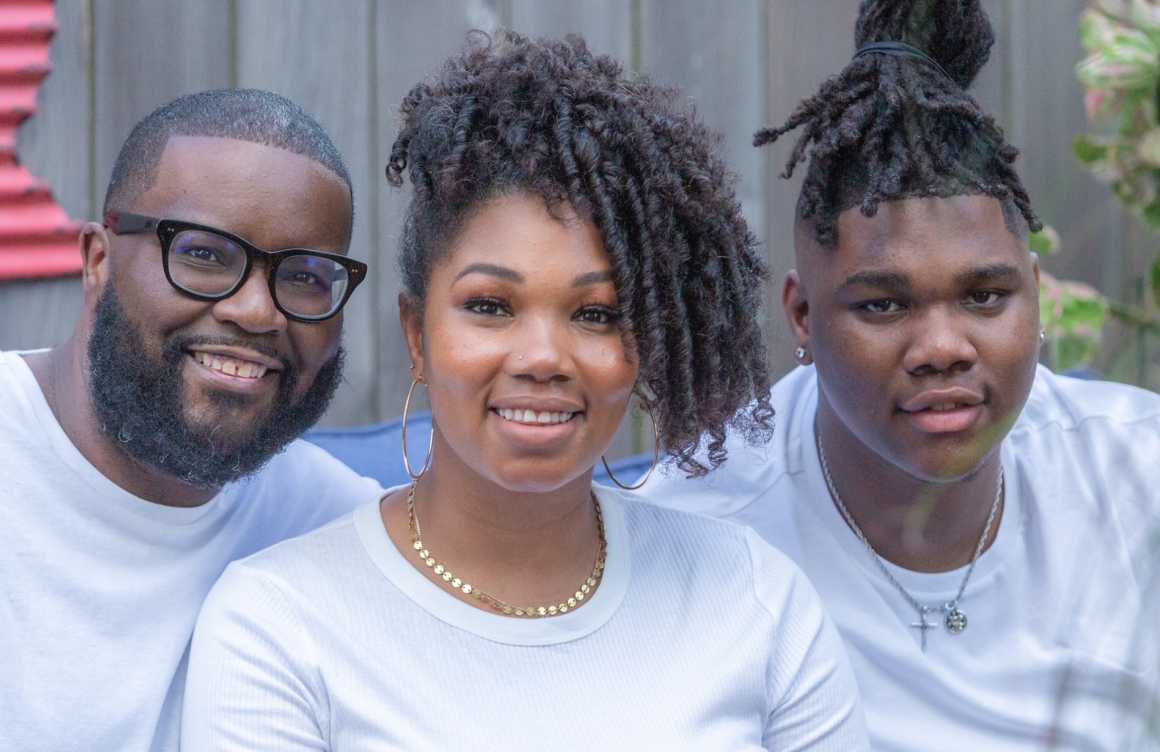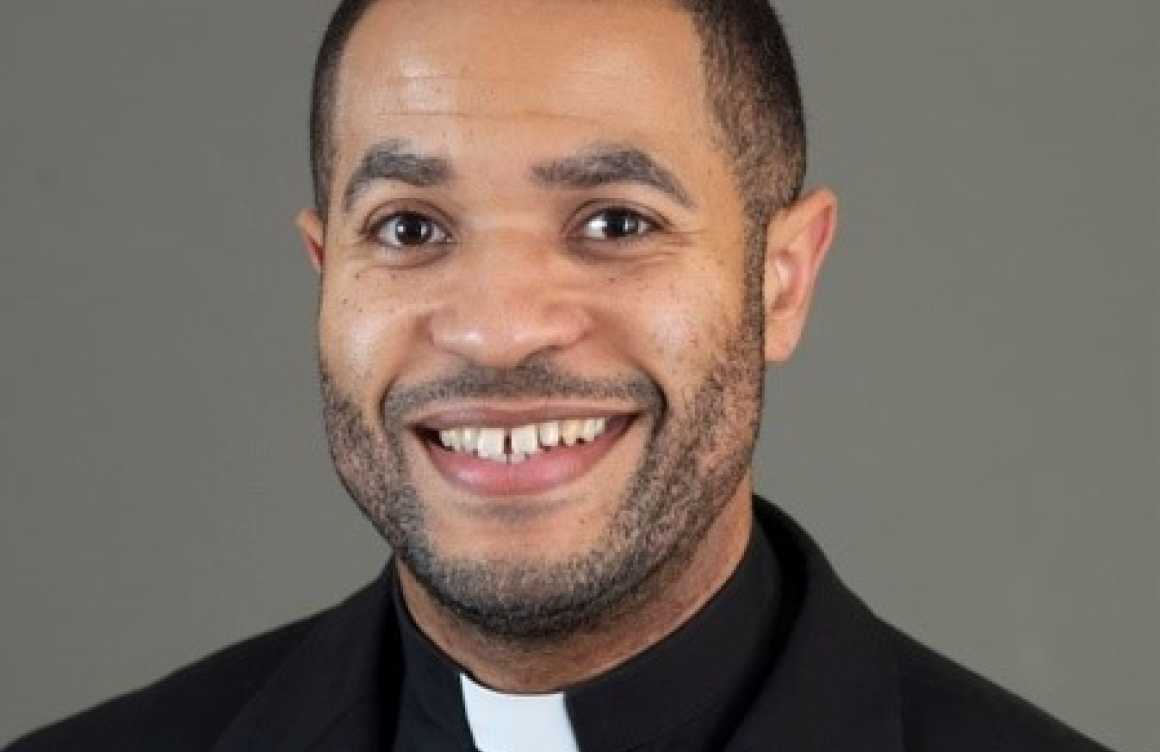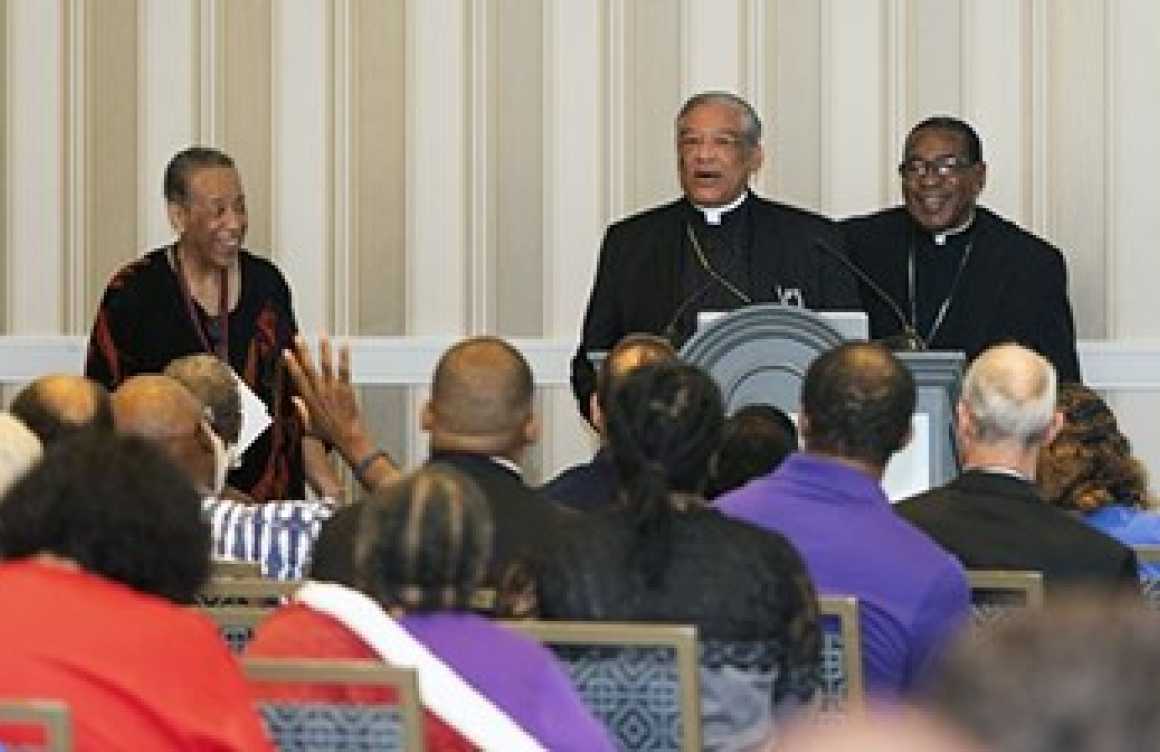The Subcommittee Mandate
The Subcommittee on African American Affairs (SCAAA) is the official voice of the African American Catholic community. The subcommittee attends to the needs and aspirations of African American Catholics regarding issues of pastoral ministry, evangelization, social justice, worship, development of leaders and other areas of concern. The subcommittee also seeks to be a source for the all Bishops and the entire Catholic Church in the United States. It aims to articulate the socio-cultural dimension of the African American Catholic community and identify or create resources that would allow for an authentic integration of the richness of African American Catholic culture and the Catholic Church in the United States.
Reflection by Most Reverend Joseph N. Perry
Retired Auxiliary Bishop, Archdiocese of Chicago, former Chairman of the Subcommittee on African American Affairs
See that you do not despise one of these little ones, for I say to you that their angels in heaven always look upon the face of my heavenly Father.”
- Mt 18:1-5, 10, 12-14
When I was a youth, Catholics were taught that God gave each of us a guardian angel to watch over us and keep us safe. Perhaps even now you can recite the Guardian Angel prayer that you memorized ages ago. In maturity, we may have released an attachment to our guardian angel. Yet, this Scripture passage reminds us of God’s great love for the purity of a child’s faith.
Through religious imagination, one can visualize angels gazing constantly at the source of adoration then whispering God’s intentions in the ears of children. Pray that we are not the static that interferes with such holy conversations.
June 2022, the Secretariat of Cultural Diversity convened a national Intercultural Encounter (Journeying Together) to improve the Church’s ministries for and with youth and young adults, especially with underrepresented cultural groups. Nearly 400 young adults, ministry leaders, bishops and USCCB staff working with all cultural families involved in these ministries gathered in Chicago. Hailing from as far as Alaska and Hawaii they represented 6 cultural families – Black/African American (BAA), Asian and Pacific Island (APIA), Hispanic/Latino (HA), Native American/Indigenous (NA) and European American (EA). Now the work continues in earnest because business as usual just won’t cut it. We strive to improve methods of communication, processes for engagement and program efforts.
I was struck by the confident faith in and love for the Church these young adults exhibited as well as their interest and close attention in listening to the stories of pain and joy of others not of their racial or ethnic tradition. This was the workings of Church not seen often where we live and worship. So, we had something unique and inspirational to provide for this generation of young Catholics who are already demonstrating themselves disciples. Would that we can hold on to this wherever we live and move and have influence!
The 2-year experience of planning and executing Journeying Together revealed that gifted leaders from this generation of younger Catholics are present. They struggle to be recognized and heard. Consequently, we the church must open our ears and hearts to the prophetic voices among us. This is not an either-or generation proposition. It is an invitation to step into intergenerational dialog and cooperation, as well as authentic intercultural friendship. What an exciting, promising opportunity!
Today many of the faithful lament the departure of teens and young adults from formerly vibrant parishes. True pre-Covid, this is more evident as many families continue remote worship. Where did the young people go and why did they leave? Elders shake their heads and wring their hands in despair while pastors and parish groups attempt to surface solutions to bring them back. The question is, bring them back to what? Why would younger folks come back to more of what sent them away? We could ask the remaining few.
In the meantime, I invite seasoned Catholics active in dioceses and national organizations to recall moments when you decided to serve God through active participation in the church. Who encouraged you to respond affirmatively? It’s likely several people and situations prompted your movement to a closer relationship with God and moments of hesitation. As one younger ministry leader shared with me, established Catholic leaders who wish to engage new leaders would do well to reflect vividly on their own points of conversion and transformation. Start by identifying incidents that turned you on and off to the Church as you were coming up.
What I’m speaking of is Evangelization. It is at the top of our job description as followers of Jesus Christ. Thus, the Subcommittee on African American Affairs (SCAAA) is developing several efforts to situate Black Catholic Ministry where Generation X, Millennials and Gen Z folk and their allies live. Boomers and older generations will reap the benefits, too.
1. SCAAA Evangelization Task Force is partnering with the National Black Catholic Congress Office to include an Evangelization track at Congress XIII. Details are being worked out.
2. Supporting Catholic Campus Ministry Outreach at HBCUs in dioceses and proximate parishes, SCAAA wishes to leverage the rich potential for relationships with HBCUs and the local Black Catholic community. SCAAA is creating a network of existing and new campus ministers. We invite the support of Black Catholic HBCU alumni and financial supporters. How can you help? Provide welcoming parishes for Mass, reception of the Sacraments, RCIA, parish/diocesan events, service opportunities and young adult ministry. For example, as relationships are formed offer a ride to church, a home cooked Sunday dinner with your family or friendly after Mass conversations. Also note, there is an urgent need for dedicated Catholic campus ministers and supporters.
3. Building on the success of the Journeying Together initiative the Black/African American (BAA) family of young adults and ministry leaders together with USCCB will launch follow-up action this Fall. Local dioceses, parishes and national organizations will be invited to participate. Look for updates from your diocesan and KPC leaders.
Finally, I invite you to prayerfully evaluate how you can engage in robust evangelization with prayer and action. As Jesus urged us, “Do not despise these young ones.”
See Chairman's Video Message on Evangelization
https://youtu.be/Yjt7yN7SO34
Subcommittee Members
